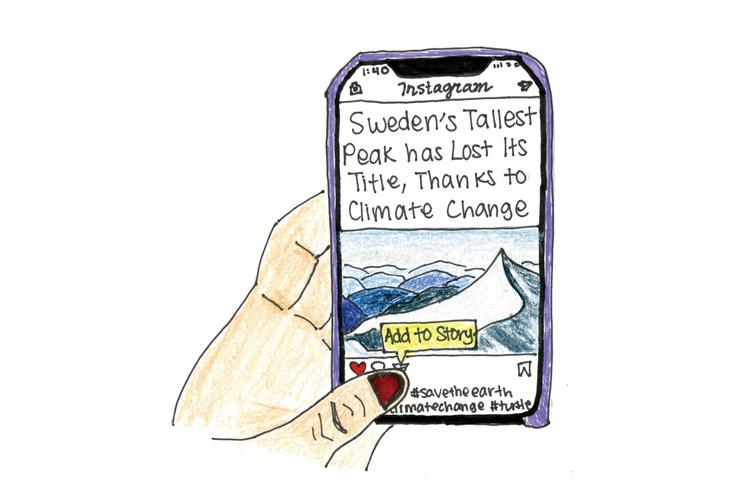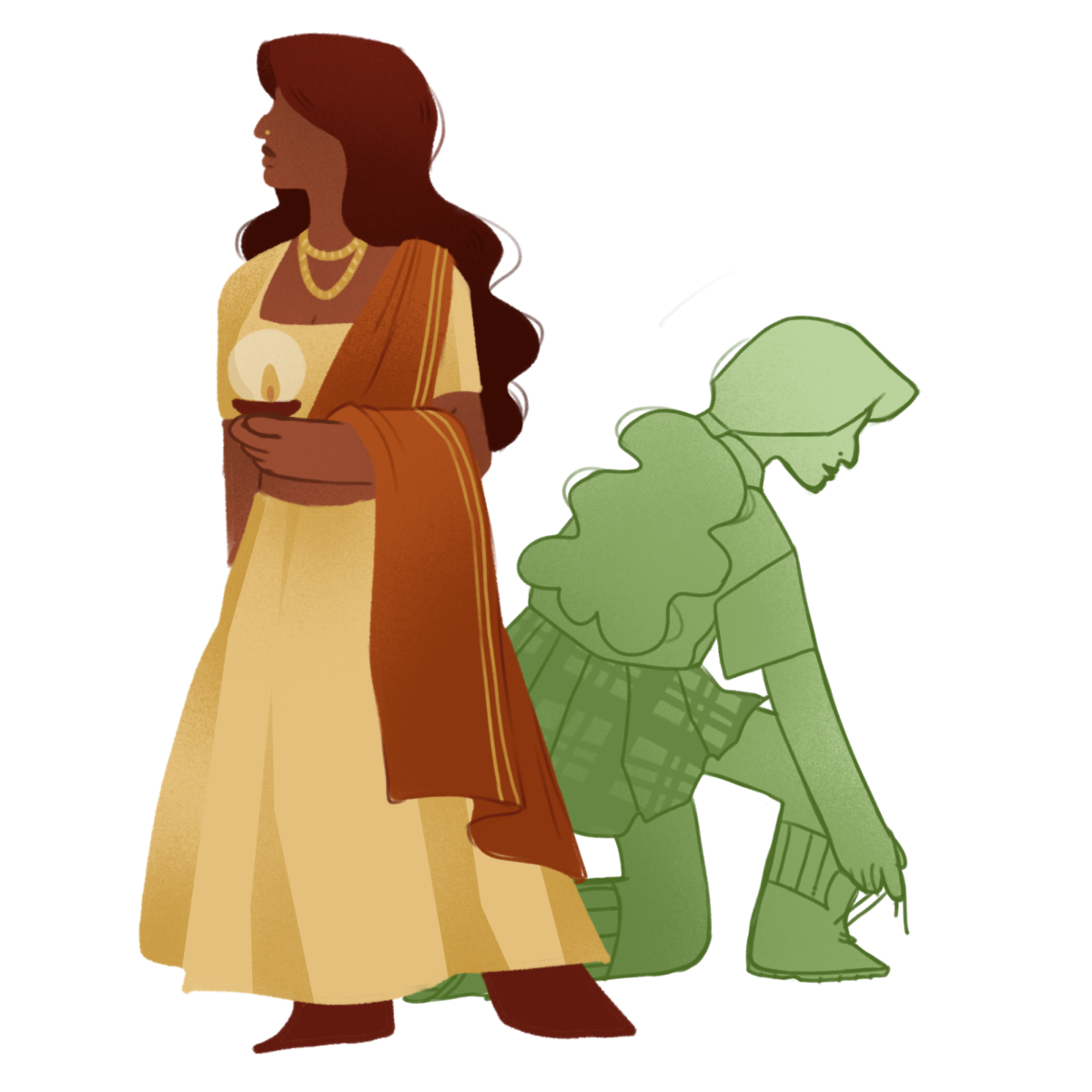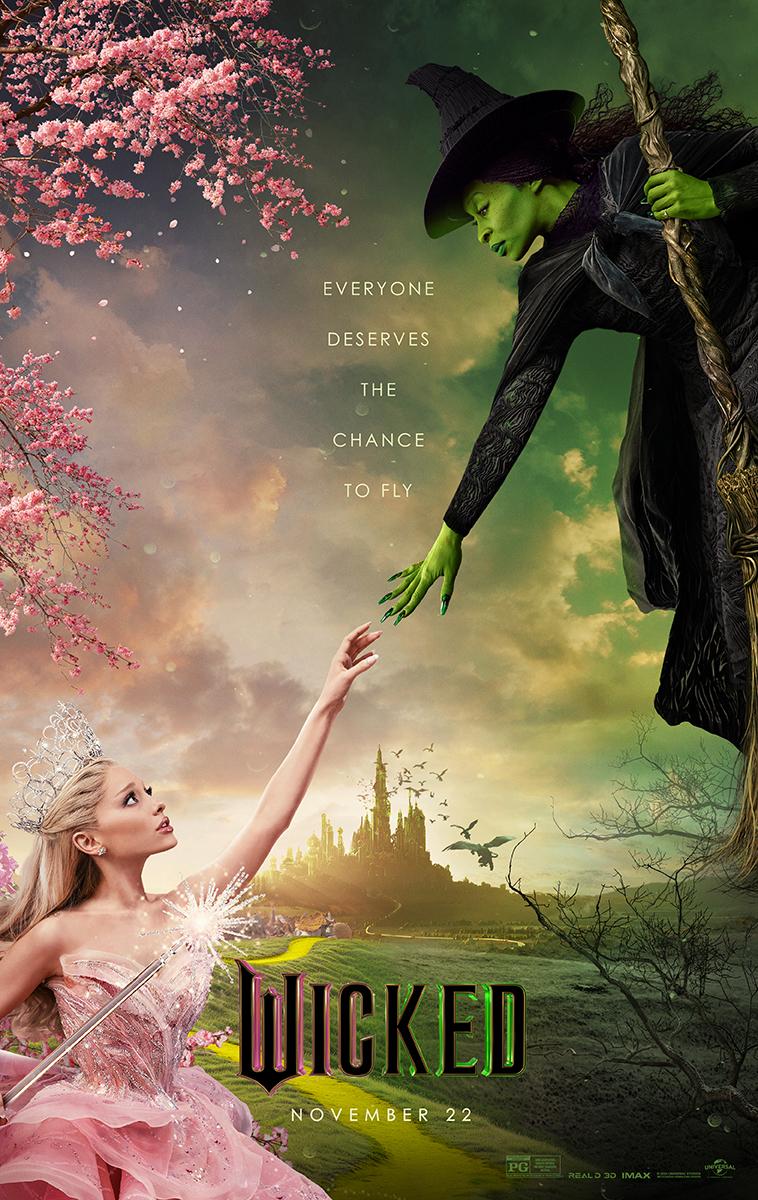It’s May 15, 2019, the day the Human Life Protection Act was passed, enacting a near-total ban on abortion in Alabama beginning in Nov. 2019.
You’re at school when you check your phone to find that social media has been flooded with posts about the act. You see perspectives you agree with and others you strongly do not.
Why has everyone taken their voices to social media? After seeing others post their opinions, do you do the same?
Social media, whether it be Instagram, Twitter, Facebook or Snapchat, has become an integral part of daily life, especially among teenagers. Social media allows people to stay in contact with one another, see what others are doing and easily access news sources.
It’s interesting for me to think that one no longer needs to turn to Channel 5 or open a newspaper to find out what’s going on in the world.
Real- life issues—and in turn, your peers’ opinions about them— completely blow up on your phone. So the real question is: is posting on social media about world issues productive?
Although there are some positive results from posting about world issues, the majority of results are negative and the posts aren’t effective. Posting or tweeting about politics or an economic issue on social media tends to cause even more peer pressure amongst teenagers than there has been without social media. Teenagers feel forced to agree with certain politics or the opinions of their friends just to fit in.
One productive result of posting about world issues on social media is that after a natural disaster or an act of terrorism people create a hashtag on social media for the catastrophe, gaining attention and much-needed resources for the calamity. Even though these hashtags are positive effects of posting on social media, posting about world issues on social media is not effective and is dangerous to the world’s youth.
Samidh Chakrabarti, a product manager who is responsible for politics and elections products at Facebook, shared his stance on people posting about global controversies.
Chakrabarti expressed that a common criticism of people posting about world issues on social media is that it creates an “echo chamber” where people only see the viewpoints they agree with, further dividing us as a nation and society. Therefore, he argues, posting about the issues on social media is not productive but quite the opposite.
There is an active debate about how much false news from social media has tarnished people’s opinions, facts and even behavior toward one another.
The information teenagers tend to receive from social media, which they’re reposting, may be fiction, or the teenagers who are discussing the global issues may not have access to the resources they need to understand the material. If the people who are posting about global issues also believe or agree with false news, then these posts can even be harmful to people who read them.
Some sources, like Forbes magazine’s A.J. Agrawal, argue that these posts can be positive and somewhat productive. Agrawal said news alerts from social media are important because they let teenagers feel connected to the world they’re living in. He said social media allows teenagers to follow their favorite organizations or clubs on line.
Instead of relying on social media, however, we should discuss these topics. Although I can see the ability of political posts to unite and educate teenagers, we should discuss these topics.
Posting on social media about world issues is not productive and creates more problems than solutions.
Story by Charlotte Rogers
Illustration by Kelsey Chen





